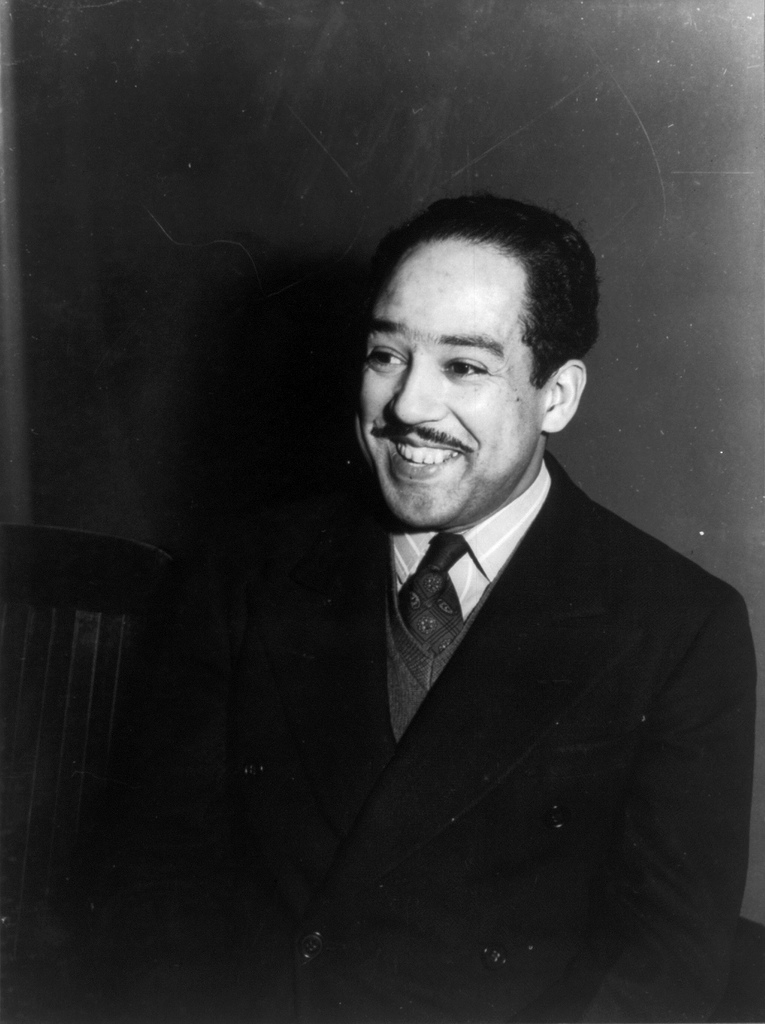
James Mercer Langston Hughes was an American poet, social activist, novelist, playwright, and columnist born on February 1, 1902, (Happy Birthday, Langston Hughes!). He was one of the earliest innovators of jazz poetry, and is considered a leader of the Harlem Renaissance in New York City. Along with poetry, he wrote short stories, novels, operas, essays, works for children, two volumes of autobiography, several works of literature he translated into English, and plays — cowriting the play Mule Bone with another important figure in African American literature, Zora Neale Hurston.
Hughes first started writing poetry at age 13. His first piece of jazz poetry, “When Sue Wears Red,” was written while he was in high school. At 24, he published his first book of poetry, The Weary Blues. Four years later, his first novel, Not Without Laughter, won the Harmon gold medal for literature. A biography on Poets.org says, “He wanted to tell the stories of his people in ways that reflected their actual culture, including both their suffering and their love of music, laughter, and language itself.” A reviewer for Black World noted in 1970,
Those whose prerogative it is to determine the rank of writers have never rated him highly, but if the weight of public response is any gauge then Langston Hughes stands at the apex of literary relevance among Black people. The poet occupies such a position in the memory of his people precisely because he recognized that “we possess within ourselves a great reservoir of physical and spiritual strength,” and because he used his artistry to reflect this back to the people. He used his poetry and prose to illustrate that “there is no lack within the Negro people of beauty, strength and power,” and he chose to do so on their own level, on their own terms.
Langston Hughes died on May 22, 1967. His ashes were interred beneath the entrance of the Arthur Schomburg Center for Research in Black culture in Harlem. The inscription marking the spot features a line from Hughes’s own poem “The Negro Speaks of Rivers” — “My soul has grown deep like the rivers.” Hughes’s Harlem home received New York City Landmark status in 1981 and was added to the National Register of Places in 1982.
On September 22, 2016, his poem “I, Too” was printed on a full page of the New York Times in response to the riots of the previous day in Charlotte, North Carolina.
Video: “I, too” read by Langston Hughes
Today’s CSU Black History Month Event:
- The Black History Month Kick-Off is being held today at 4 pm in the Lory Student Center Ballroom B. “An evening of dance, music, spoken word, art and singing featuring Vivian Kerr, 1st Director of the Black/African American Cultural Center (formerly known as Black Student Services) and Meredith Levert, founding Director of Project GO and 1st President of Black Student Services.” We’ll see you there!